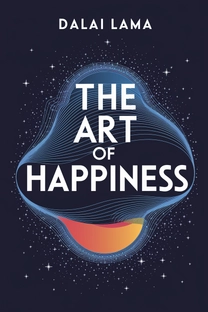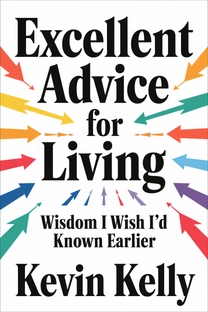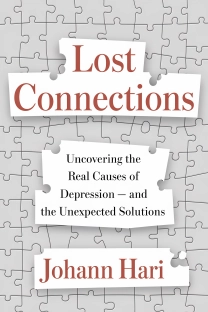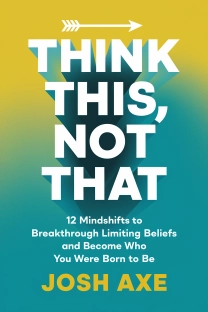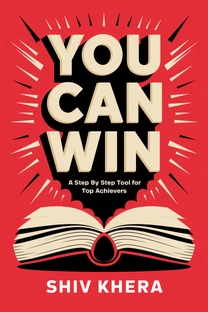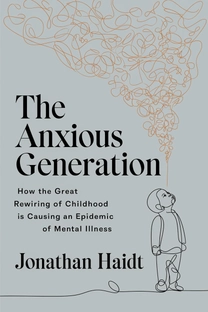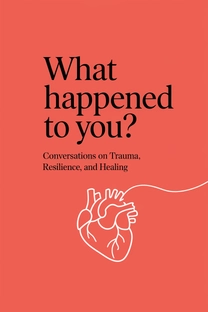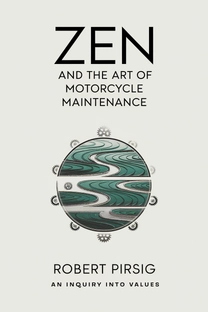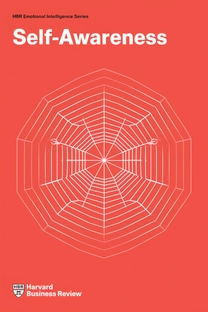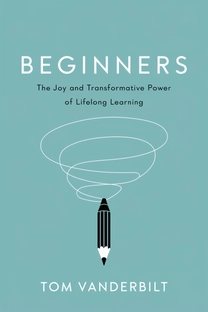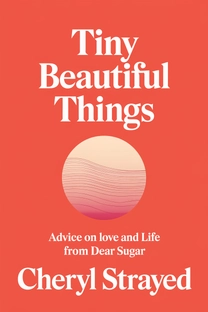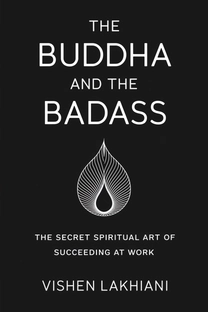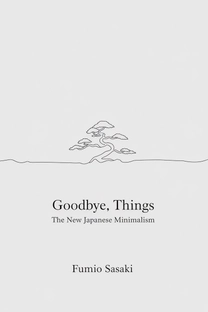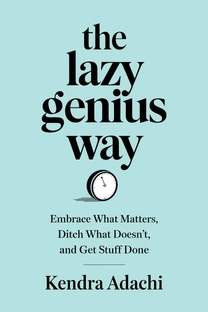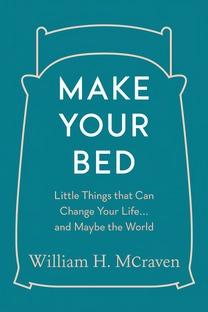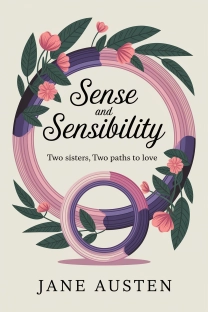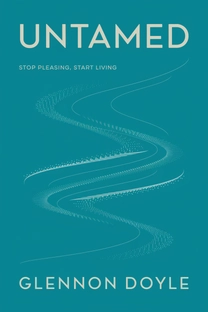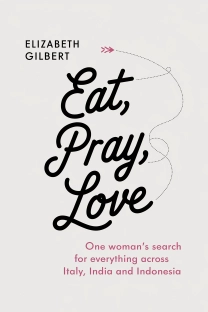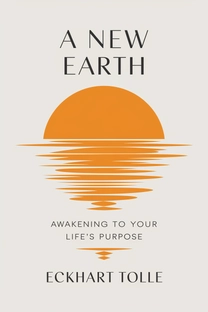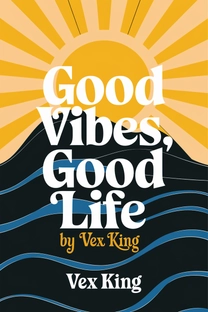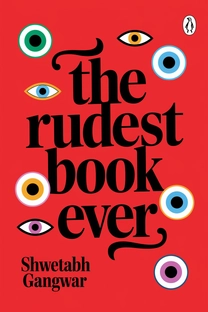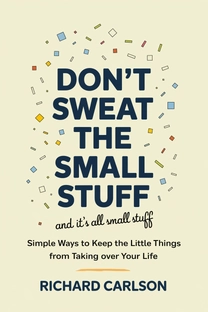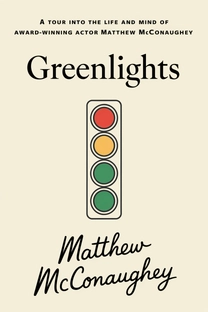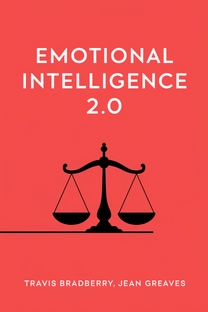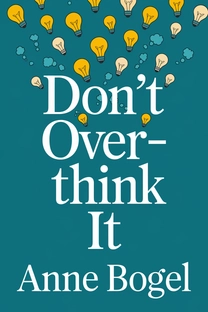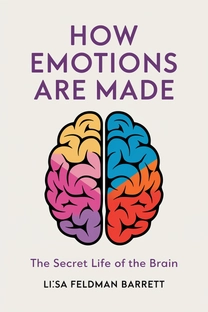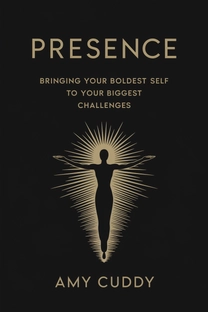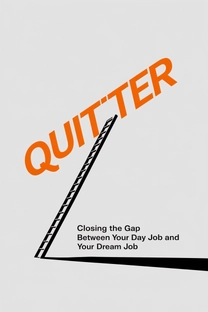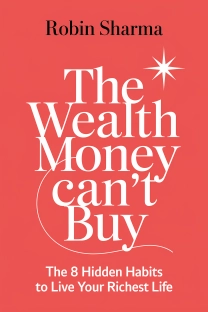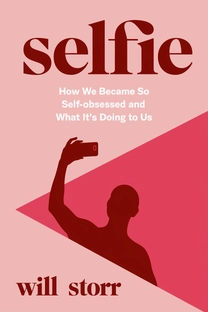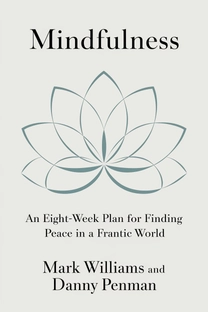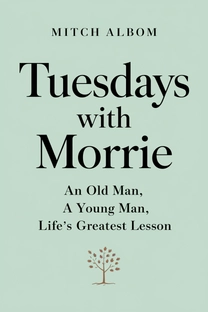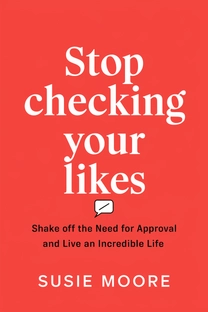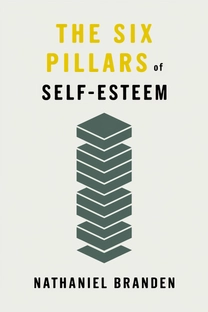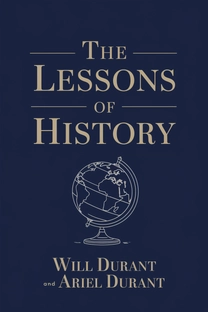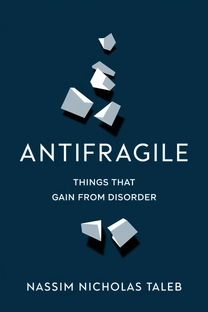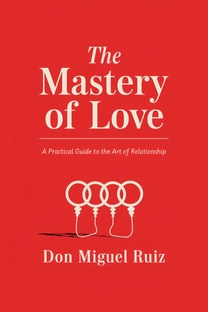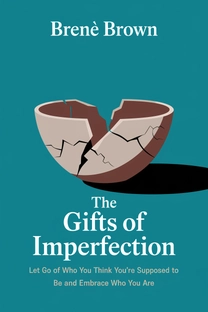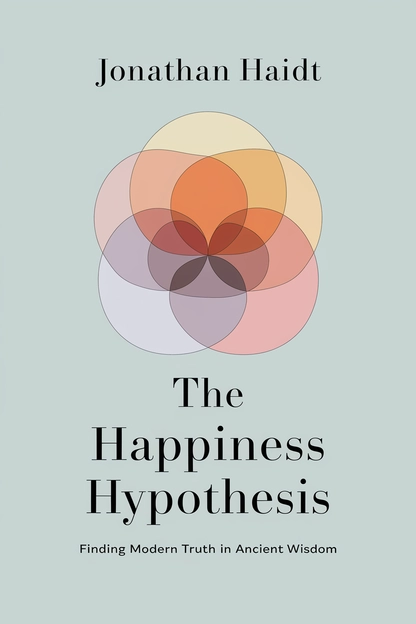
The Happiness Hypothesis
Finding Modern Truth in Ancient Wisdom
by Jonathan Haidt, PhD
Brief overview
This book explores how ancient wisdom and modern psychology combine to help us understand ourselves better and find authentic well-being. It shows why our minds often feel conflicted, and offers practical ways to build stronger relationships, handle adversity, and train our thoughts for greater contentment. Through vivid examples and helpful insights, it invites the reader to cultivate deeper purpose and fulfillment in daily life.
Introduction
Why are we often pulled in so many directions at once? We sense a battle between what we should do and what we crave in the moment. It can feel like we’re being driven by impulses we struggle to control. At the same time, we yearn for deeper contentment and a stable sense of who we are.
In these pages, we uncover how ancient wisdom aligns with modern psychology to clarify such inner conflicts. We’ll explore our emotional habits, our social connections, and the subtle ways the mind shapes (and distorts) our experiences. It’s about discovering what really moves us toward a fulfilling life.
Across different cultures and eras, thinkers have returned to the same questions: How should we pursue happiness? How do we merge lofty ideals with everyday realities? By looking at our instincts and thought patterns, we can sharpen our perspective and steer ourselves toward healthier habits.
In the upcoming sections, we’ll see how our mind can be both an ally and a saboteur. We’ll also learn techniques to tame emotional reflexes and cultivate relationships that matter. This journey guides us toward living with wisdom, resilience, and genuine joy.
The Divided Mind
Many of us sense that one part of us plans, while another part resists. One classic image describes it as a rider struggling to guide an enormous elephant. The rider represents our conscious, reasoning side; the elephant, our powerful emotional drives. When aligned, they travel steadily. When they disagree, chaos ensues.
This notion echoes ancient teachings like Plato’s chariot metaphor, highlighting why reason can’t simply overpower instinct by will alone. Emotions often act faster and run deeper, leaving logic struggling to catch up. Stress, hunger, or craving can hijack our good intentions unless we learn techniques to synchronize both sides.
Modern psychology confirms this division. We have automatic processes (the elephant), managing deep emotions, habits, and immediate reactions. Meanwhile, our analytical mind (the rider) tries to interpret events and formulate strategies. Conflict arises because the rider doesn’t fully control the elephant—it merely influences it.
What is The Happiness Hypothesis about?
"The Happiness Hypothesis: Finding Modern Truth in Ancient Wisdom," penned by Jonathan Haidt, delves into the profound intersection of ancient philosophies and modern psychological principles. The book navigates the intricate pathways of the human mind, spotlighting the age-old dichotomy between our rational judgments and emotional impulses. By weaving together insights from Hinduism, Buddhism, and Western philosophies, Haidt offers a structured exploration into understanding the self and achieving genuine happiness.
An essential read for those navigating the complexities of human emotions, Haidt’s work addresses why our minds seem divided and how we can reconcile these contrasting facets. Through practical strategies and engaging anecdotes, the book illuminates how building resilient relationships, confronting adversity, and fostering positive thought patterns lead to enduring contentment. Readers gain practical steps to integrate timeless wisdom with cutting-edge psychology to nurture a balanced and meaningful life.
Review of The Happiness Hypothesis
Jonathan Haidt’s "The Happiness Hypothesis" stands out for its synthesis of time-honored wisdom and contemporary scientific understanding. One of the book's key strengths is its comprehensive approach to dissecting happiness, illustrating the mind's dual nature with the metaphor of a rational rider guiding an emotional elephant. This vivid imagery effectively captures the tension between logical reasoning and instinctual responses, providing readers with a relatable framework for introspection.
Haidt skillfully blends narrative storytelling with empirical research, making complex psychological concepts accessible. His writing is both elegant and approachable, enabling readers across varying expertise levels to follow along. Further enhancing the book’s appeal are its practical applications—readers are offered clear, actionable insights, such as embracing adversity to foster personal growth and cultivating social reciprocity for lasting fulfillment.
This insightful work serves those keen on understanding the psychological foundations of happiness, recommending actionable techniques like cognitive therapy and mindfulness to harmonize the mind's disparate components. Haidt positions "The Happiness Hypothesis" as an invaluable resource for personal development, urging readers to seek deeper connections and self-awareness as pathways to true well-being.
Who should read The Happiness Hypothesis?
- Professionals in psychology or mental health find value in Haidt’s fusion of ancient insights with modern research, enriching their understanding of clients' emotional dynamics.
- Individuals seeking personal growth can utilize the book’s strategies for managing inner conflicts and enhancing relationships.
- Educators and students keen on philosophical or psychological inquiries benefit from the book's exploration of happiness through both academic and practical lenses.
- Leaders fostering workplace well-being will appreciate insights into creating a motivated workforce by understanding human psychology.
- Anyone experiencing life transitions gains practical methods from Haidt's work to develop resilience and adaptability in the face of change.
About the author
Book summaries like The Happiness Hypothesis
Why readers love Mindleap
10-Minute Book Insights
Get the core ideas from the world's best books in just 10 minutes of reading or listening.
Curated For You
Discover your next favorite book with personalized recommendations based on your interests.
AI Book ExpertNew
Chat with our AI to help find the best book for you and your goals.
Reviews of MindLeap
Love how I can get the key ideas from books in just 15 minutes! Perfect for my busy schedule and helps me decide which books to read in full.
Alex R.
The summaries are incredibly well-written and the audio feature is perfect for my commute. Such a time-saver!
Jessica M.
Great app for personal growth. The insights are clear and actionable, and I love how they capture the essence of each book.
Chris P.
The app is beautifully designed and the summaries are top-notch. Definitely worth every penny!
Sarah K.


